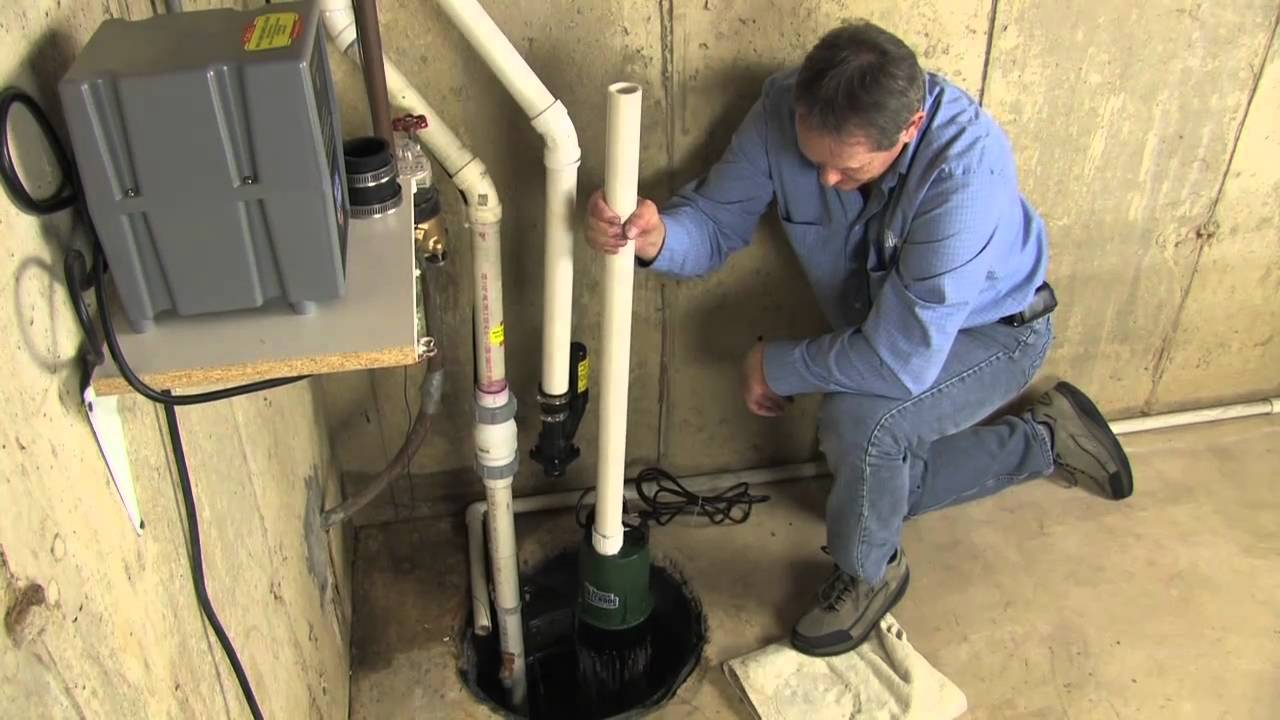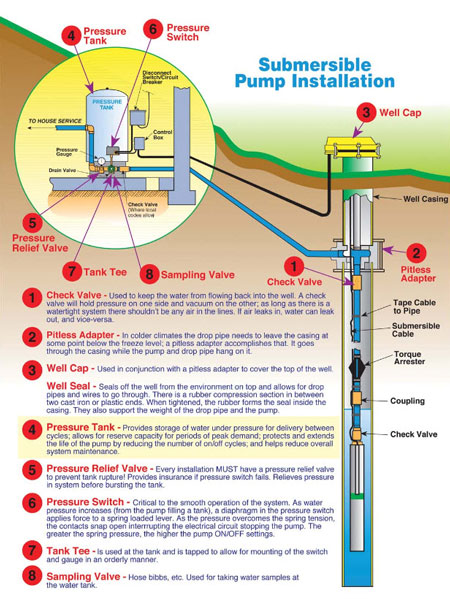Recognizing the Trick Elements of Effective Water Purification Systems

Value of Water Filtering Systems
Water filtration systems play a crucial duty in making sure access to clean and secure drinking water by efficiently removing impurities and pollutants. These systems are crucial in attending to the growing problems over water high quality and the possible health and wellness risks linked with taking in infected water. By using various purification mechanisms such as reverse osmosis, turned on carbon, and UV sterilization, water purification systems can effectively eliminate hazardous materials like bacteria, infections, heavy steels, and chemicals from the water supply.
In addition, water filtration systems aid to improve the preference and smell of water by getting rid of chlorine, debris, and other toxins that can affect its high quality. Water Filtration Systems. This improvement in water quality not only makes it a lot more tasty but likewise urges individuals to consume an ample amount of water daily, promoting much better hydration and total health
Sorts Of Filtering Parts

Physical filters are made to literally strain out pollutants from the water. These filters can be constructed from products like ceramic, carbon, or even sand, and they work by trapping bits bigger than the filter's pores as water travels through.
Chemical filters use various chemical processes to eliminate impurities from the water. Instances consist of activated carbon filters, which adsorb impurities, and reverse osmosis membranes, which utilize pressure to different impurities from the water.
Organic filters make use of living microorganisms like microorganisms or algae to break down raw material and toxins in the water. These filters are frequently used in wastewater treatment plants or natural water purification systems.
Understanding the different kinds of filtration components is essential for selecting the most suitable water filtration system for particular purification needs.
Function of Debris Filters
Debris filters play a critical duty in water purification systems by properly catching solid particles suspended in the water. These filters are typically the initial line of protection in a filtering system, eliminating larger particles such as sand, silt, dust, and corrosion before the water relocates via finer filtering stages. By capturing these debris, the filters avoid them from reaching downstream components, thus extending the life-span and effectiveness of the entire system.
The feature of debris filters is important in maintaining water top quality and securing sensitive tools from damage triggered by particles. Furthermore, by eliminating noticeable bits, sediment filters boost the clearness and preference of the water. Consistently cleansing or replacing debris filters is necessary to make certain ideal efficiency. Ignoring this maintenance can bring about blocking, lowered water flow, and endangered filtering efficiency. news Generally, debris filters are vital components that add significantly to the effectiveness of water filtration systems.
Duty of Activated Carbon Filters
Playing a crucial function in water purification systems, turned on carbon filters are important in getting rid of contaminations and pollutants from the water. These filters are designed to adsorb and trap a variety of pollutants, including chlorine, unstable natural substances (VOCs), chemicals, and herbicides. The turned on carbon material has a large area, permitting the reliable capturing of contaminants through a process called adsorption. As water passes with the filter, the triggered carbon draws in and holds onto the contaminations, ensuring that the water that comes out beyond is cleaner and safer for consumption.
Activated carbon filters are very efficient at improving the preference and odor of water by lowering chemicals that can impact its quality. Due to their convenience and dependability, activated carbon filters are a crucial component in making certain that water is cleansed to the highest possible criteria before getting to consumers.
Comprehending Reverse Osmosis Systems
Reverse osmosis systems are innovative water filtration systems that use a sophisticated procedure to remove pollutants and contaminations from drinking water. These systems function by using pressure to the water, requiring it through a semi-permeable membrane. This membrane layer acts as an obstacle, allowing only distilled water molecules to go through, while obstructing bigger molecules such as minerals, chemicals, and various other contaminations. Therefore, the water that appears beyond is significantly cleaner and much safer for intake.
One trick advantage of reverse osmosis systems is their ability to remove a vast array of impurities, including heavy metals, dissolved viruses, germs, and solids. This makes them extremely efficient in enhancing the general top quality and safety and security of alcohol consumption water. In addition, reverse osmosis systems are reasonably low-maintenance and can be mounted under the sink or in a main filtering system, supplying hassle-free accessibility to tidy water throughout the family. Generally, recognizing exactly how reverse osmosis systems work can assist individuals make informed decisions about their water purification demands.
Final Thought
In conclusion, reliable water filtering systems are vital for ensuring safe and tidy drinking water. By recognizing the function and duty of each component, people can make informed decisions when picking a water filtering system.
Water purification systems play a vital function in ensuring access to risk-free and tidy drinking water by successfully removing impurities and pollutants. By making use of numerous see filtration systems such as reverse osmosis, turned on carbon, and UV sanitation, water filtering systems can effectively remove hazardous compounds like microorganisms, viruses, heavy metals, and chemicals from the water supply.
Debris filters play a crucial look what i found role in water filtering systems by properly capturing solid particles suspended in the water (Water Filtration Systems).Playing a critical duty in water filtration systems, activated carbon filters are important in eliminating contaminations and impurities from the water supply.Reverse osmosis systems are innovative water purification systems that employ a sophisticated process to remove contaminants and impurities from drinking water